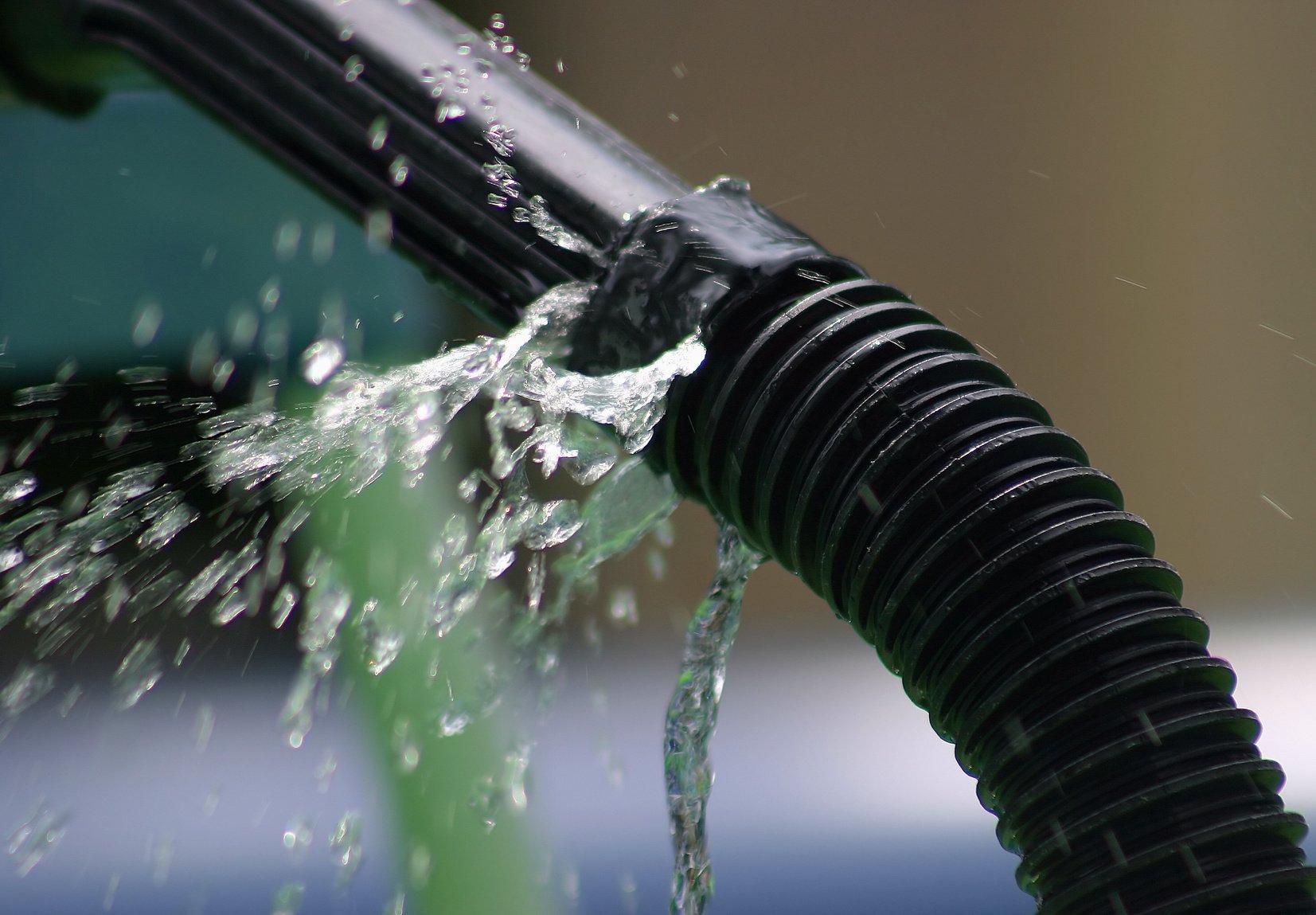Understanding What Leads To Water Seepage Occur So Often in Your Home
Understanding What Leads To Water Seepage Occur So Often in Your Home
Blog Article
The writer is making a number of great pointers related to Common Water Leaks In House in general in this great article on the next paragraphs.

Leaks not only create waste of water however can additionally create unnecessary damage to your home as well as advertise unwanted natural growth. By recognizing and also looking for day-to-day situations that cause leaks, you can shield your residence from future leaks as well as unnecessary damages.
Instant temperature changes.
Extreme temperature modifications in our pipelines can cause them to expand and also get all of a sudden. This growth and tightening may create splits in the pipelines, particularly if the temperature are below cold.
Corroded water supply
As time goes by, your plumbing system ages and deterioration such as rust might begin gnawing the pipes. This could be the root cause of staining or warping on your water pipes. This requires an inspection with your plumber right away. Take into consideration changing the pipes given that they are at a greater risk of corrosion than the more recent models if our plumbing system is old.
Defective Pipeline Joints
The point at which your pipes link is regularly the weakest link in the waterline. Pipe joints can wear away in time, causing water leakages. Sadly, most of pipeline joints are not conveniently noticeable. If you have loud pipes that make ticking or banging noises, specifically when the hot water is activated, your pipe joints are possibly under a lot of pressure. It is suggested to have your plumber inspect your system once a year.
Trespassing origins
The majority of water leakages start outside your home as opposed to inside it. If you notice an unexpected reduction in water stress, say in your tap, take some time to go out as well as examine your yard. You may notice wet patches or sinkholes in your backyard, which could imply that tree origins are getting into water lines causing water to permeate out. You can have your plumber look for intrusion, particularly if you have trees or hedges near your home.
Poor Water Connectors
At times, a leakage can be triggered by loosened pipes as well as pipelines that supply your appliances. In instance of a water connections leakage, you may notice water running straight from the supply line or puddles around your home appliances.
Clogged Drains
Clogged drains pipes might be annoying and also inconveniencing, but they can occasionally wind up creating an overflow resulting in rupture pipes. Maintain getting rid of any kind of products that may go down your drains that could block them to stay clear of such troubles.
All the above are causes of leaks but not all water leaks result from plumbing leakages; some leaks might come from roofing system leaks. All leakages need to be repaired promptly to prevent water damages.
Leaks not just trigger waste of water however can additionally cause unneeded damages to your house and also advertise unwanted natural growth. By looking and recognizing for day-to-day scenarios that cause leakages, you can protect your home from future leakages as well as unneeded damages. Today, we will look at 6 leakage triggers that may be creating your pipelines to leak.
At times, a leakage can be caused by loose hose pipes and also pipes that provide your appliances. In instance of a water links leakage, you may discover water running directly from the supply line or puddles around your home appliances.
How To Check For Water Leak In Your Home
How To Check for Leaks
The average household's leaks can account for nearly 10,000 gallons of water wasted every year and ten percent of homes have leaks that waste 90 gallons or more per day. Common types of leaks found in the home are worn toilet flappers, dripping faucets, and other leaking valves. These types of leaks are often easy to fix, requiring only a few tools and hardware that can pay for themselves in water savings. Fixing easily corrected household water leaks can save homeowners about 10 percent on their water bills.
To check for leaks in your home, you first need to determine whether you're wasting water and then identify the source of the leak. Here are some tips for finding leaks:
Take a look at your water usage during a colder month, such as January or February. If a family of four exceeds 12,000 gallons per month, there are serious leaks.
Check your water meter before and after a two-hour period when no water is being used. If the meter changes at all, you probably have a leak.
Identify toilet leaks by placing a drop of food coloring in the toilet tank. If any color shows up in the bowl after 10 minutes, you have a leak. (Be sure to flush immediately after the experiment to avoid staining the tank.)
Examine faucet gaskets and pipe fittings for any water on the outside of the pipe to check for surface leaks.
Undetected water leaks can happen without the home or business owner even realizing. If you suspect a water leak, but not able to find the source. It is time to contact a professional water leak detection service, The Leak Doctor.
How To Find a Water Leak In Your Home
https://www.leakdoctor.com/blog/How-To-Check-For-Water-Leak-In-Your-Home_AE197.html

I came across that page on Common Water Leaks In House when browsing the web. Are you aware of somebody else who is enthusiastic about Common Water Leaks In House? Do not hesitate to share it. Thank you for your time. Come back soon.
Resolve plumbing disruptions with experts. Report this page